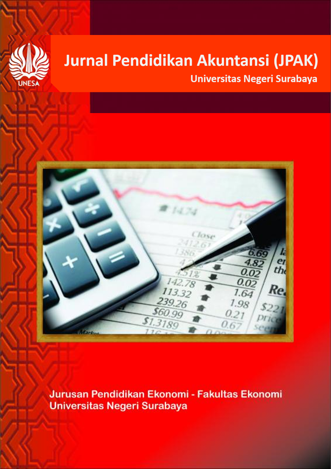Value Universitas dan Perilaku Cyber Cheating: Analisis Teori Fraud Diamond
DOI:
https://doi.org/10.26740/jpak.v11n2.p175-184Keywords:
Academic fraud; christian students; fraud diamond theory; technology abuseAbstract
The purpose of this study is to examine the factors that drive accounting students to commit academic fraud based on the fraud diamond theory (pressure, opportunity, rationalization and ability) and technology abuse by considering university values. This study used purposive sampling as a sampling method using a questionnaire. The sample of this research was 170 Bachelor of Accounting students at Christian Private University, Yogyakarta. The data analysis method was processed using the Structural Equation Model (SEM). Specifically, the SEM method chosen is Partial Least Square (PLS) because it can be used to analyze data with a small number of samples (Hair et al, 2014). The results of this study succeeded in proving that pressure, opportunity, rationalization, ability and misuse of technology have a significant positive effect on academic cheating. This revealed that students who study at universities with Christian values still separate spiritual interests and academic achievements.
Downloads
Downloads
Published
How to Cite
Issue
Section
License
Authors who publish with this journal agree to the following terms:
- Authors retain copyright and grant the journal right of first publication with the work simultaneously licensed under a Creative Commons Attribution License that allows others to share the work with an acknowledgement of the work's authorship and initial publication in this journal.
- Authors are able to enter into separate, additional contractual arrangements for the non-exclusive distribution of the journal's published version of the work (e.g., post it to an institutional repository or publish it in a book), with an acknowledgement of its initial publication in this journal.
- Authors are permitted and encouraged to post their work online (e.g., in institutional repositories or on their website) prior to and during the submission process, as it can lead to productive exchanges, as well as earlier and greater citation of published work (See The Effect of Open Access).

Jurnal Pendidikan Akuntansi (JPAK) is licensed under a Creative Commons Attribution-NonCommercial 4.0 International License.
 Abstract views: 180
,
Abstract views: 180
, PDF Downloads: 213
PDF Downloads: 213



